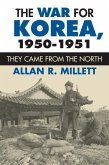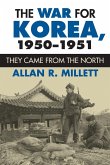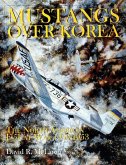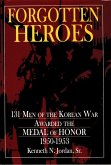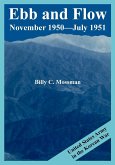This bibliography is the most complete listing and description of primary and secondary works about the Inchon Landing, one of the most significant amphibious landings in modern history, and the turning point of the Korean War. This was the time when the war had driven United Nations troops to the tip of Korea into a defensive perimeter at Pusan when General Douglas MacArthur decided on an end-run up the west coast of Korea to cut enemy supply lines and relieve the pressure on Pusan. This phase of the war marks the last point at which it was being fought to win. The bibliography covers the entire operation from early planning to final stages, the role of different national troops, the controversies over General MacArthur's strategies and differences among leaders, and the evaluation of the landing and campaign. This book-length bibliography, the first to deal exclusively with the Inchon Landing and Seoul Campaign, provides a brief history and chronology, and then describes archival and special collections, official and unofficial reports, books, journal articles, dissertations, films, and fiction of note. This guide is designed for students, teachers, professional researchers, and all those interested in the Korean War.


